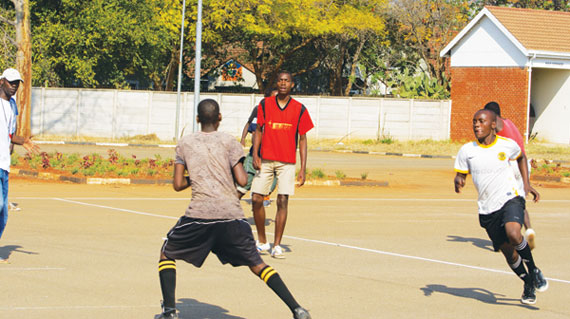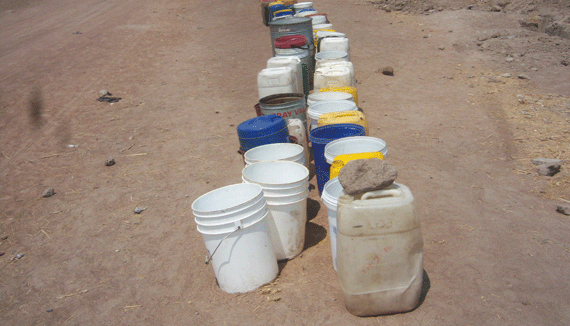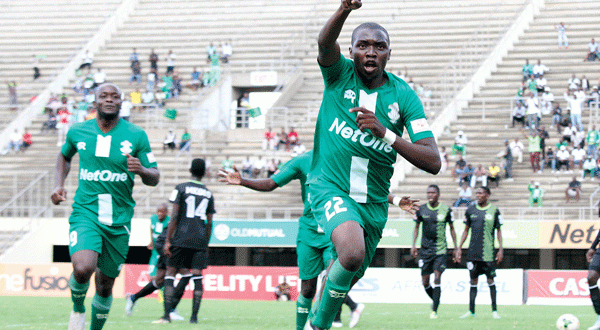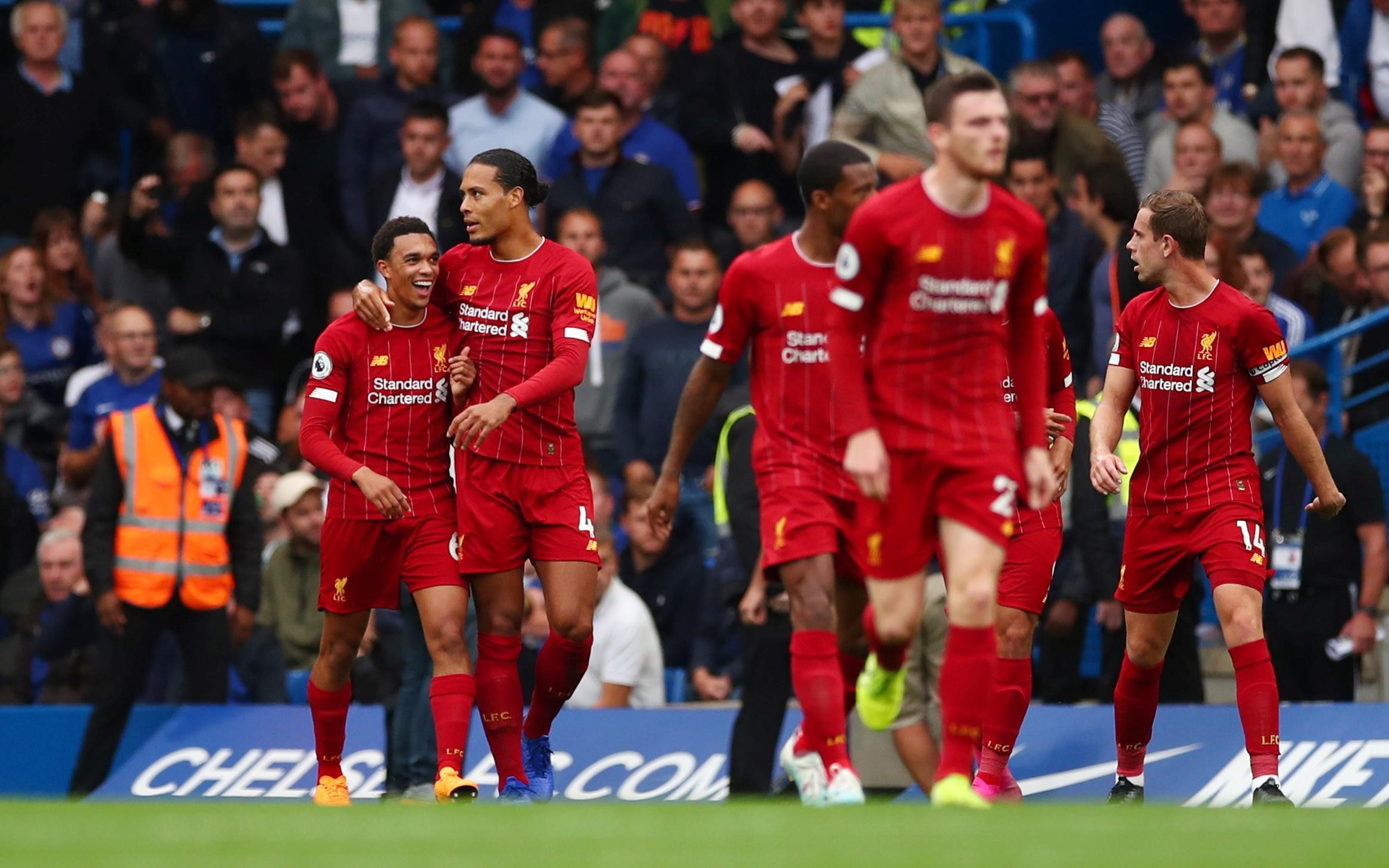
TEN EDITIONS of the Zimbabwe National Youth Games (ZNYG) have come and gone, being held around the country’s 10 provinces. This year the games return where they were inaugurated in 2003 — in the City of Kings and Queens.
FORTUNE MBELE SPORTS REPORTER
The 11th edition of the ZNYG, held under the auspices of the Sports and Recreation Commission (SRC), roars into life tomorrow in various arenas in Bulawayo with eight sporting disciplines.
These are athletics, football, tennis, basketball, volleyball, boxing, netball and handball. Southern Eye Sports takes time to explore sports administrators, coaches and enthusiasts’ opinions if the Youth Games have provided the right platform for talent identification in different sporting disciplines as espoused in their objectives from their launch.
Below are summaries: According to the SRC, close to 27 000 athletes have gone through the Youth Games since 2003, but regrettably just a paltry number have exceptionally excelled professionally in sport after having been identified through the Youth Games forum over the years.
This has brought up questions of wether the games have just become a sporting extravaganza where 10 provinces meet annually to merely compete, or whether talent is identified from grassroots and nurtured professionally.
SRC corporate communications officer Tirivashe Nheweyembwa on Friday admitted that a lot has still to be done and challenged national sporting associations to move in and ensure that talented athletes identified through the Youth Games are followed up to a logical professional conclusion.
“The Youth Games are indeed a relevant platform for talent identification, but the current scenario on the international scene does not reflect on our potential. So it is up to the national sporting associations to tap raw talent and move it into professional sport,” Nheweyembwa said.
- Chamisa under fire over US$120K donation
- Mavhunga puts DeMbare into Chibuku quarterfinals
- Pension funds bet on Cabora Bassa oilfields
- Councils defy govt fire tender directive
Keep Reading
IAAF technical officials education and certification system instructor Enias Nhoro on Friday said the games were noble, but said the age (Under-20) category that catered for the competitions was not suitable for development.
The veteran athletics enthusiast, also National Athletics Association of Zimbabwe director responsible for technical development, said the youth games have now come to be just a competition, mainly focusing on which province would come out first and not a developmental programme.
“When the games started way back, we managed to get a few athletes out of the country. If we are just going to run these games just like a competition, there is nothing that can help us. Development should start at a lower age, maybe 14 to 15 (years of age) then we will be talking development,” Nhoro said.
Some of the renowned athletes identified in the games include sprinter and long jumper Ngonidzashe Makusha, Gabriel Mumvure, Namatirai Mavugara and Angela Makaha.
Zimbabwe Soccer Coaches’ Association secretary for Bulawayo Province Marko Dube, who is also the Bulawayo football team manager, lauded the Youth Games, but lamented the age cut-off saying it was not good for development.
As manager of the Bulawayo team, he mentioned the likes of FC Platinum twins Kevin and Elvis Moyo, Highlanders’ Knox Mutizwa and Chicken Inn attacking midfielder Kudakwashe Mahachi, who recently had a trial stint with Super Diski side Platinum Stars, as some of the players identified during the Youth Games.
Other players that have passed through that forum include international Onismor Bhasera and Bosso goalkeeper Ariel Sibanda. Petros Masiyambumbi, the technical director of the Zimbabwe Amateur Boxing Association, however, took a swipe at the government for failing to give support to talented athletes identified through the games.
“We have a national problem. We can help these boxers to a certain level but, they are not supported. “The government retreats and says it is the responsibility of national sporting associations,” Masiyambumbi said. Zimabwe women’s volleyball national team coach Vulindlela Moyo said the Youth Games were a proper forum for talent identification, but the onus lay on the sporting association to “see these kids through, as coaches provide the product.”









